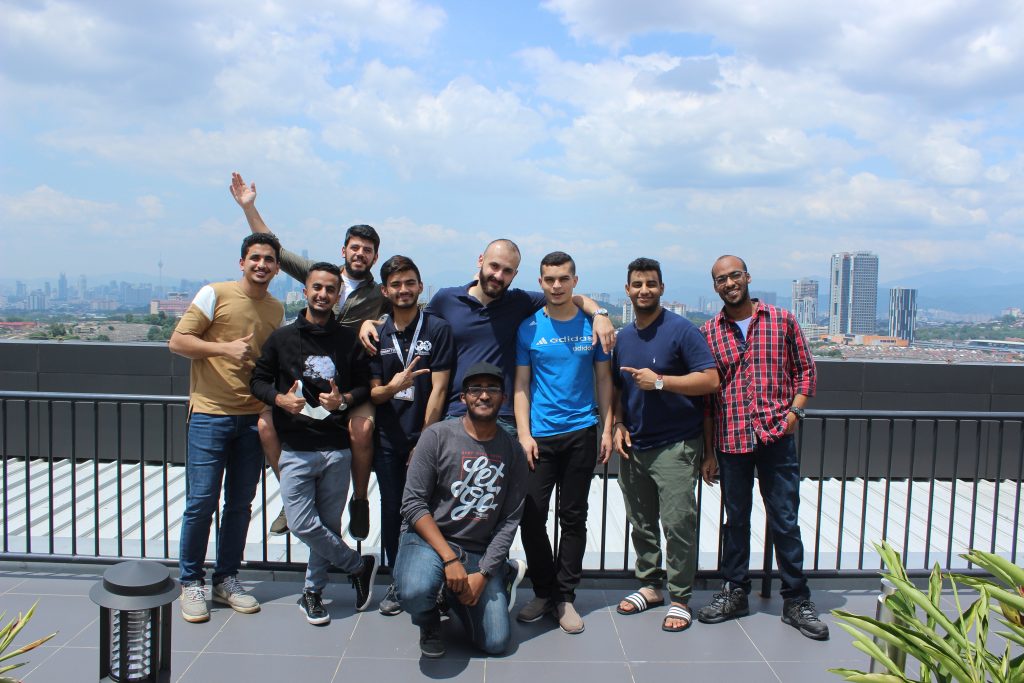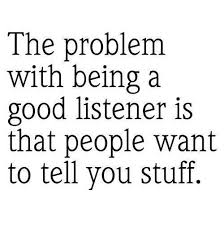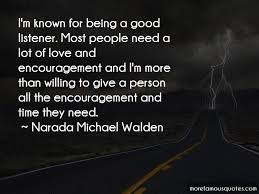Listeners
Listeners go unheard sometimes.
This is something I’ve recently picked up on. Listening is an incredible ability and it comes as a set with other essential skills namely speaking, reading and writing. But in my opinion, listening is the hardest skill to develop. Before we continue, I’d like to clarify that I’m not writing to appeal to language learners. There might be some tips on how to be a more attentive listener but truly, I’m painting a picture of a friend who listens way too much and communicate way too less. This is an essay on my perspective on natural listeners.
I don’t think I’ve encountered a lot of listeners in my life before. In my school years, I met a lot of people who were more articulate with the happenings of their lives more than they were willing to give someone else a chance a speak and listen. Being quiet and reserved all throughout my school years, I played the role of a listener to my peers. And it can be exhausting sometimes. There were things I wanted to express, things I wanted to get off my chest but the people around me were so caught up in their monologues. So naturally, I had to deal with whatever I was going through on my own. I was unhappy throughout school because I had zero friends. I didn’t have anyone of the equal age to open up to or get support. I developed depression – well, maybe; I was never diagnosed because I neither had therapy nor went to a psychiatrist. My family listens to me, but we don’t always see eye to eye and most of the time they would end up diminishing my problems.
They would say, “There’s nothing wrong with you. You’re fine,” and that’d be the end of that.

So when I got to university, I was determined to take on a new role. I wanted to be seen but more importantly, I wanted to be heard. I’ve been listening for as long as I can remember and now, I wanted to be the one initiating the conversation. And trust me, the change was extremely challenging. I had been sheltered in my home by my parents my whole life and I had no idea how to properly socialize. As evident by what I had told you, I wasn’t “Mr. Popular” in school either. University was completely different from school and it was way tougher to make my mark on the social scene. It took me a lot of courage to battle my insecurities to come out of my shell, to willingly reach out to people and talk to them, show an interest in their lives hoping they would do the same to mine.
My methodology was simply trial and error; I would stick with what worked and build upon that. And surprisingly, I became more social than I had expected. It probably had something to do with the abundance of extracurricular activities I took up in university and my academic performance. But whatever the reason was, I was the one talking for the first time. I was in control of the conversation – and it felt incredible. Don’t get me wrong; I wasn’t going about my day spilling my problems to anyone who cared to listen. And in fact, I would never do that and even offer to solve your problems if you had any. But being able to express myself and turn the whole “monologue experience” into a “dialogue experience” was lifechanging!

I picked up a lot of friends onwards and truly bonded with a group of friends who are closest to my heart. In everyone’s eyes, I was the perfect boy: good grades, a thriving social life and an array of extracurricular activities. But was I happy? Yes – to an extent. I’m not being ungrateful here however all I’m saying is that with my own personal expectations to be perfect and this inexplicable desire to fulfil other’s expectations of me, I overworked myself to exhaustion, completely neglecting to rest and my mental health. In a span of one year, I quickly spiralled back into my former feelings of depression – but this time, with its new friend, anxiety.


That was where an amazing friend of mine came into play. He looked outgoing, fun and had the spirit to encourage anyone. But as I found out, he was so much more than that. I was going through a crisis where I couldn’t bear to deal with the dark spiral I was in. And it wasn’t a simple problem to articulate. It wasn’t as if I needed help with an assignment. It was as if I needed someone to find a deeper meaning behind my words, to unmask the frown behind my smile. As our friendship grew, I found it easier to trust my friend and felt more confident to open up my feelings. And… I did.
He listened.
And…I did again.
He listened.
I felt more of those dark feelings. I opened up for a third time.
He listened.
It felt great to share something so personal with someone you completely trust. I felt light in years! There was someone who understood my problems and did nothing to judge me. But what I failed to consider was how venting my emotions would affect him.

My friend is an amazing listener. Hands down, the best. But he had a similar problem to mine: he found it hard to articulate his feelings as well. To him communication was more like absorbing what the other person had to say. Even when asked to open up, he would brush it off and say, “That’s not me.”
I tried to coax him out of his shell, but he wouldn’t budge. And at first, I was devastated because I took it as a sign that he didn’t trust me enough to do so. But this might not actually be the case. People like my friend have distinctive coping mechanisms to the misadventures of lives. They would prefer to keep things to themselves because A) talking about their problems make it seem more real or B) they don’t want to impose their problems onto another person or C) they’re used to it. Like I’ve mentioned, listeners go unheard and it was unhealthy for him to keep everything shut in. I wanted him to feel the lightness I felt when he listened to me. And I wanted to feel as if he saw and trusted me enough as a safe space to vent his thoughts and feelings. But that was who he was and I can’t be too ‘selfish’ to push him out of his ‘comfort zone’. So here are a couple of things which I learned from being with my friend.
- Listeners are strong. You have to be human to lend your pair of ears to listen to someone else’s problems and not get affected by it.
- Listeners don’t judge. You can spill your guts out and they wouldn’t comment or ridicule anything you said.
- Listeners have a bandwidth. There is only so much a person can listen to. If he voices out that he can’t, you’ll have to respect that. You can’t actually take his refusal to listen as him not being a good friend. He is aware of his limit and this is an impressive sign of maturity.
In conclusion, I’d like to point out that communication requires both speaking and listening. You have to play a part in both duties. However, it is important not to ridicule the other person’s shortcomings. Instead, be supportive and always maintain an open climate for a conversation because that’s what I always do.

